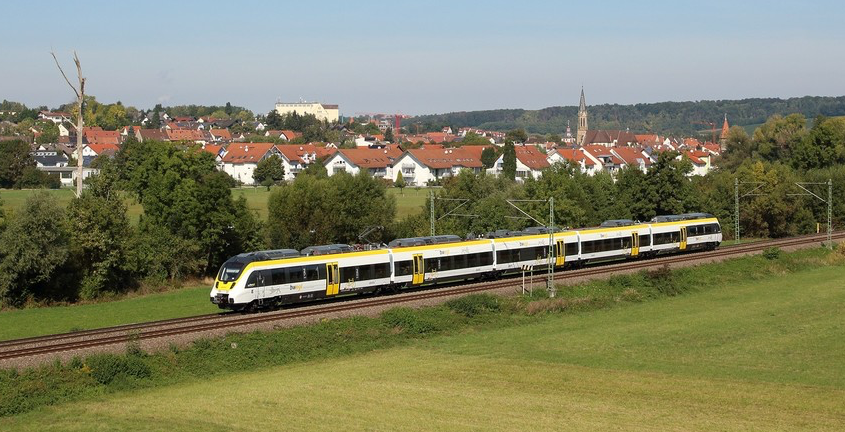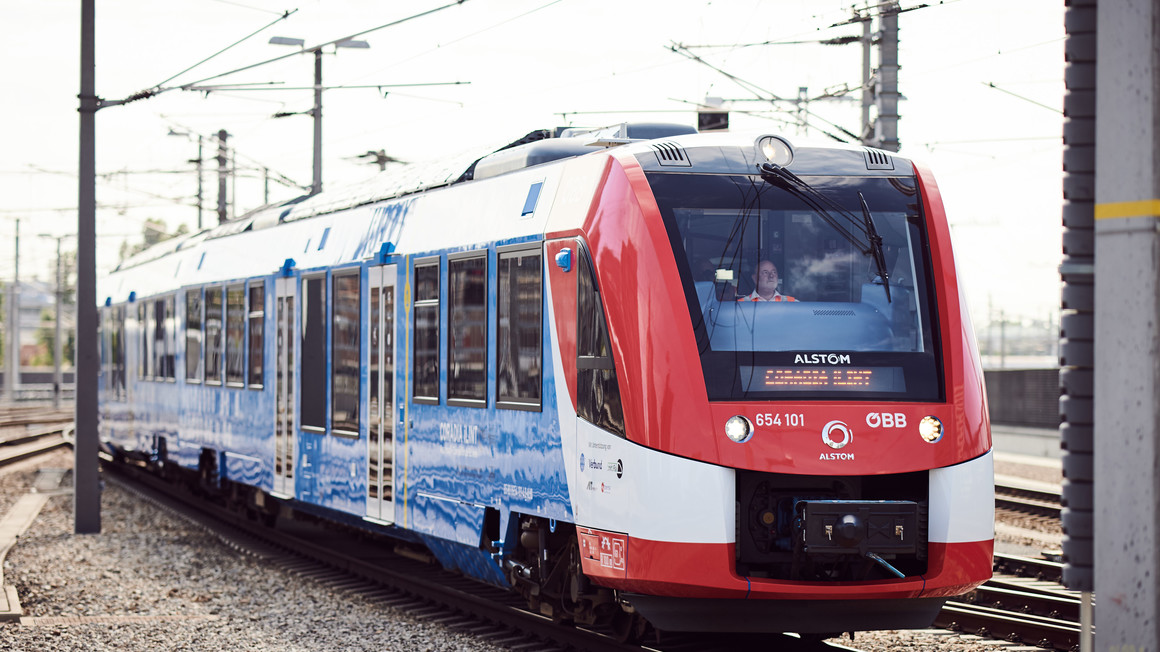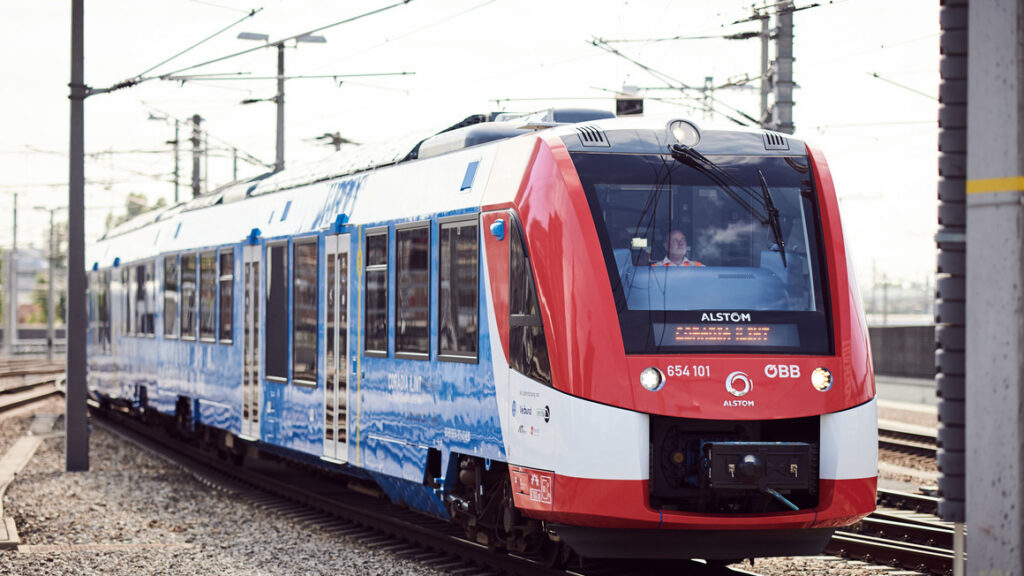Alstom (OTC: ALSMY) has signed a contract with Germany’s Baden-Wuerttemberg State Institute for Rail Vehicles (SFBW) to retrofit 118 regional trains with the European Train Control System (ETCS) Automatic Train Operation (ATO) digital signalling technology. Part of the Stuttgart Digital Node lighthouse project, the contract is valued at approximately 130 million euro1 and includes an innovation cooperation agreement software maintenance contract and a contract for further maintenance.
In addition to the recently announced S-Bahn project, the new retrofit project covers 118 trains that SFBW operates on the high-traffic Stuttgart network. The trains come from several different suppliers and will be upgraded with the European Train Control System (ETCS) Level 2 and 3 as well as Automatic Train Operation (ATO) level 2 (GoA2) technology. The initial upgrade project will be completed by 2024 and the subsequent upgrade, according to the European Technical Specifications for Interoperability 2022, will be completed by 2027.
While ATO technology has already been implemented in metros and urban rail lines in cities like Paris, the highly automated operation (GoA 2) is now being used for the first time in Germany on the basis of ETCS Level 2 in the Stuttgart Digital Node. When completed in 2024, the new signalling technology will increase capacity and frequency on the Stuttgart network while also making the trains performance more sustainable.
As part of the agreed innovation cooperation, Alstom and SFBW will also define the requirements for Train Integrity Monitoring (TIM), Future Railway Mobile Communication System upgrade capability, Train Capability and for Open CCS On-board Reference Architecture (OCORA). The implementation of the developed requirements by Alstom is part of the contract, as is the software maintenance of the regional trains.
The project is being carried out by the Alstom signalling site in Berlin, Germany, in close cooperation with the ETCS competence center in Charleroi, Belgium. Other locations involved in the various project phases are Braunschweig, Salzgitter, Mannheim and Hennigsdorf in Germany as well as Bangalore, India, Bucharest, Romania and Lyon-Villeurbanne, France. The series installation will take place close to Stuttgart or in Hennigsdorf.








